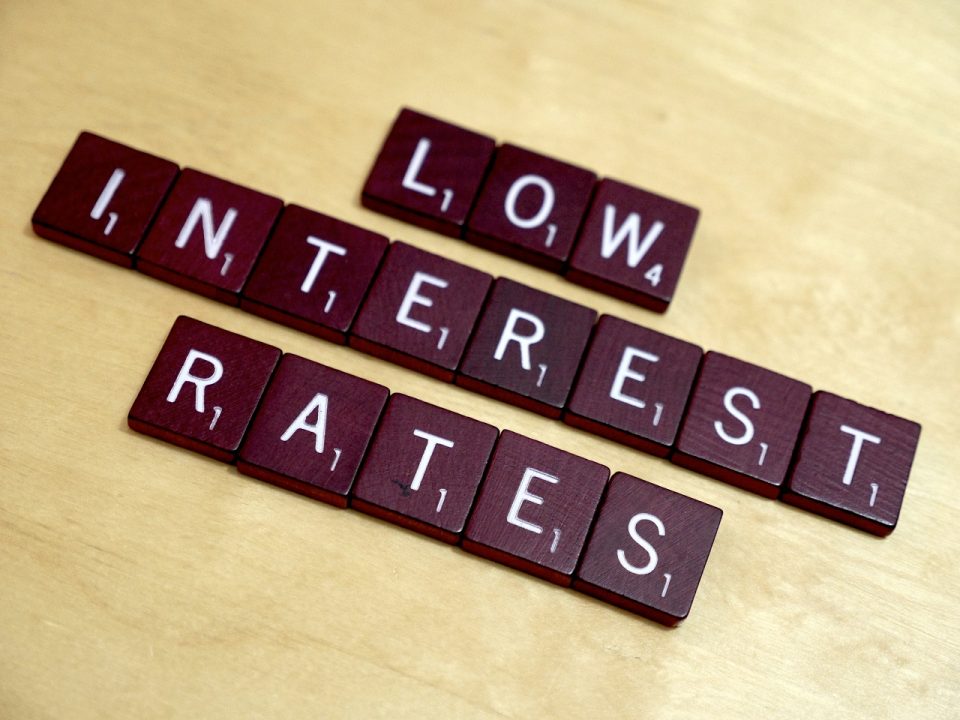KEY POINTS
- The Fed’s new approach to inflation could keep interest rates lower for longer.
- Credit cards, home equity lines of credit and personal loans will be directly affected by this policy shift.
In a major policy pivot, the Federal Reserve stated it will enable inflation to run “hotter than typical” to assist the economy recover from the coronavirus crisis.
That suggests the Fed will be less inclined to trek rates of interest, letting customers take advantage of inexpensive money for an extended amount of time.
“This type of monetary policy is one of the ways they are trying to encourage everyone to get money out the door,” stated Laura Veldkamp, a teacher of finance and economics at Columbia University Service School.
“This is suggested as a stimulus, as a way of getting individuals to spend more,” she said.
Although the federal funds rate, which is what banks charge one another for short-term borrowing, is not the rate that consumers pay, the Fed’s moves still impact the loaning and saving rates they see every day.
“From a rate of interest standpoint, this indicates lower for longer, and lower more frequently,” stated Greg McBride, the chief financial analyst for Bankrate.
For example, a lot of charge cards come with a variable rate, which indicates there’s a direct connection to the Fed’s benchmark rate.
Because the reserve bank lowered its benchmark rate to near zero in March, charge card rates have struck a low of 16.03%, typically, according to Bankrate.com.
Other short-term interest rates are even lower. The typical rate of interest on personal loans is presently about 12.07% and home equity lines of credit are as low as 4.79%, according to Bankrate, both especially less than the APR on a credit card.
On the flip side, the Fed’s determination to tolerate greater inflation means that longer-term loans will use fewer chances for debtors.
“Low inflation has assisted reduce mortgage rates,” said Tendayi Kapfidze, a primary economist at LendingTree, an online loan marketplace. “If you let inflation increase, mortgage rates will also go higher.”
McBride added that “inflation is kryptonite to bond investors.” The Fed’s new technique will lead to periods where longer-term bonds are susceptible to big cost declines, he said.
“With low inflation the Fed’s focus now, that’s a concern for another day– however an issue nevertheless.”

